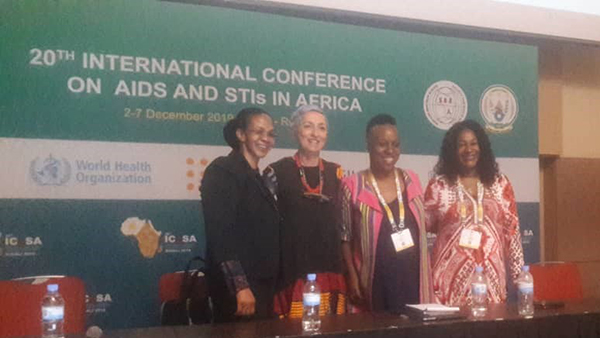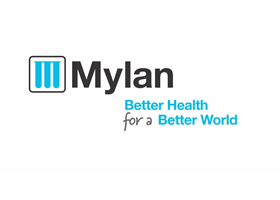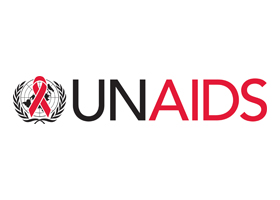Time: 10.45 – 12.15
Venue: MH1
Reporters: UMUBYEYI Benie Raissa and MAHORO Gisele
The session was organized by VVIV/healthcare and the speakers were Sibongile Kubheka, Yvette Rapheal and Nneka Nakwakolo. Linda-Gail Bekker chaired the session.
Sibongile Kubheka of VVIV health care, welcome participants and introduced the speakers. Nneka Nkwakalo, the Senior Media Moderator of VVIV health care, discussed about quality of life in research and development of antiretrovirals. She noted that between 1996 and 2010, the life expectancy in 20-year old-patients starting antiretrovirals increased by about 9 years in women and 10 years in men. With improvement in knowledge and antiretroviral quality, life expectancy of people living with HIV is approaching that of people not living with HIV. Currently, with early treatment and access to care, there is still an 11.8year gap (8.9-14.8) in life expectancy when compared with HIV negative individuals.
She also identified that 16 million of those living with HIV and accessing treatment are based in sub-Saharan Africa (70% of the world population on antiretroviral therapy) and only 58% of people on treatment in Eastern and Southern Africa have suppressed viral loads. This figure is 39% for Western and Central Africa.
The impact of antiretroviral therapy on the quality of life – the ability to function in daily life and perceived well-being in the physical, mental and social domains of life – can be measured. The measure help to monitor health status of individual patients and establish levels of health for patient groups in order to direct interventions to improve these. It can also be used for economic evaluations. She presented the results of an assessment of the quality of life of people living with HIV using patient-reported outcomes. The result showed that patients involved in the design of the services they access had improve engagement and retention in care, increase resilience, and are empowered to take a more active role in the management of their condition. Patient-reported outcomes are a way of measuring patients’ perceptions about their health that are difficult for others to observe directly, e.g. quality of life, symptoms, side-effects. Increasing numbers of research studies are using Patient-reported outcomes to assess the experiences of PLWHIV as a means to accurately predict health outcomes and health system expenditure.
Yvette Raphael gave the closing remark. She provided her testimony as someone living with HIV for 20 years, residing in South Africa and a mother. Her husband and son are the ones that call and reminds her to take her medicine. Her husband also reminds her everyday how unique she is: a dreamer whom nothing can stop. She encouraged it is important to know oneself and live ones’ life. She has had to face challenges with stigma, mental health issues and discrimination. She concluded by saying “Remember, HIV doesn’t have to stop you living a long, happy and fulfilling life. With the right treatment taken well it is possible to live as long as other person”.














